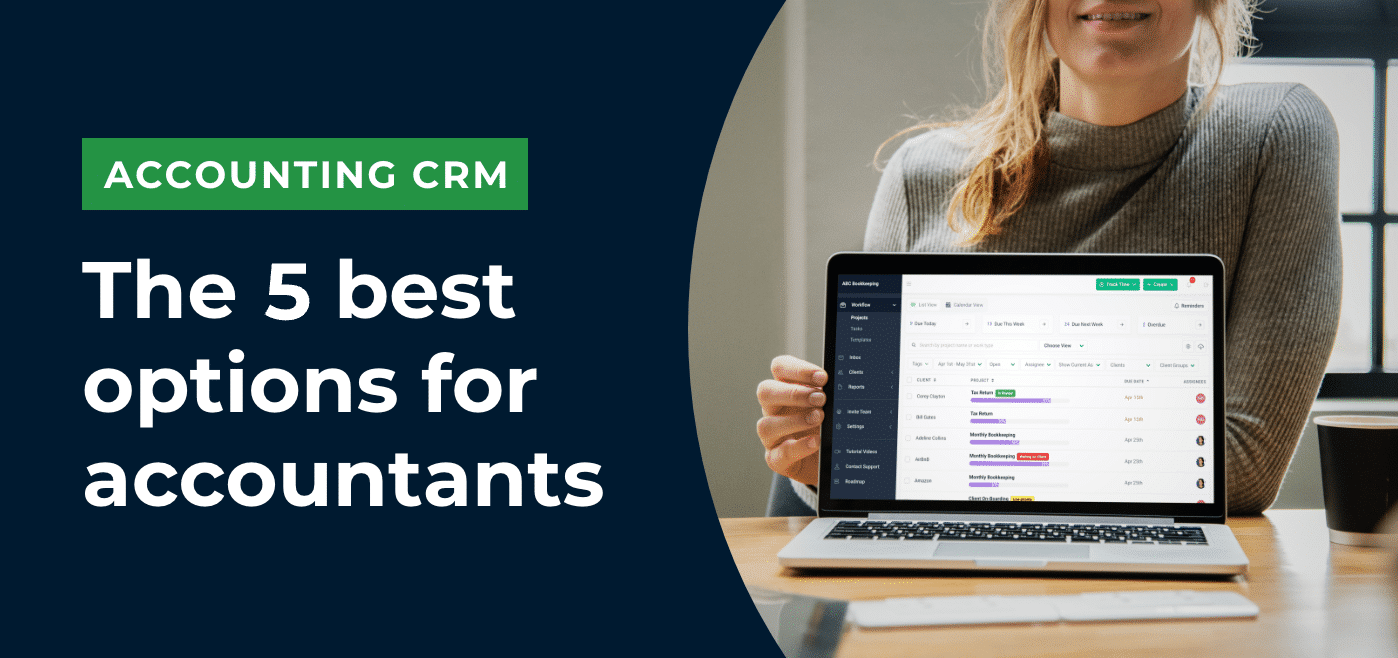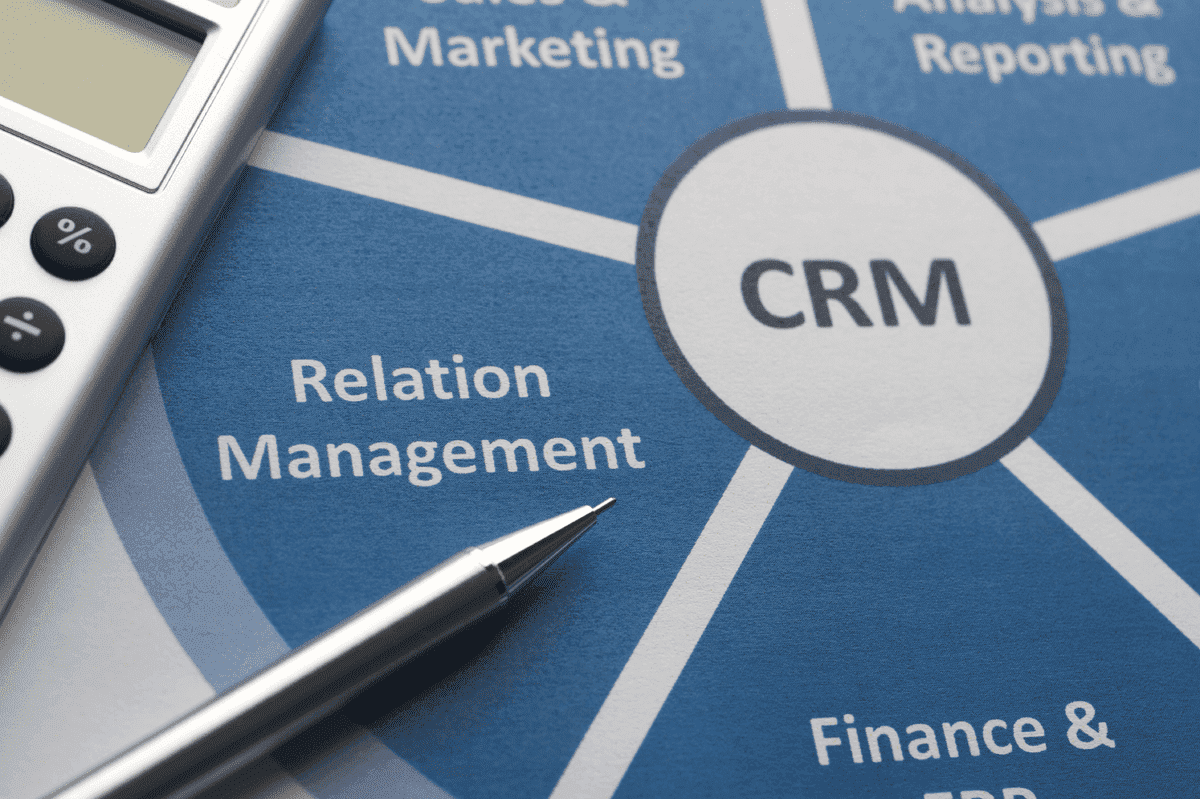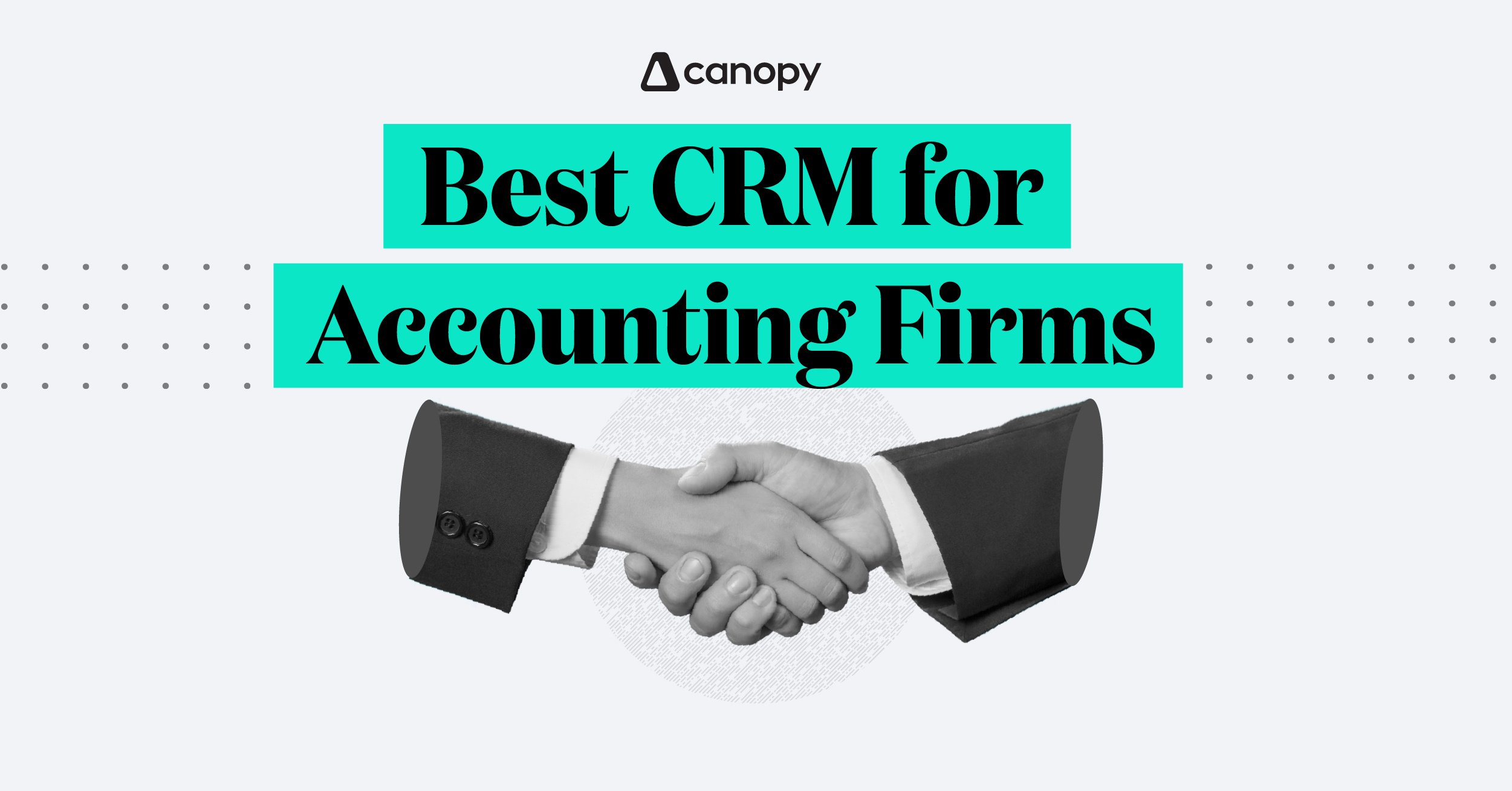crm accounting firm transforming client management today brings the spotlight to a crucial shift in how modern accounting practices connect with and serve their clients. In today’s fast-paced financial landscape, leveraging a tailored CRM solution is no longer just an option but a necessity for firms aiming to cultivate stronger client relationships and optimize operational efficiency from the ground up.
By integrating CRM platforms specifically designed for accounting professionals, firms can streamline daily tasks such as client data management, appointment scheduling, and automated reminders. CRM solutions also enhance communication, support compliance, and provide customizable tools to fit firms of all sizes—making them a cornerstone of contemporary accounting success.
Introduction to CRM for Accounting Firms

Customer Relationship Management (CRM) is a technology-driven approach that helps accounting firms manage and nurture their client relationships more efficiently. Traditionally associated with sales-oriented industries, CRM solutions have evolved to offer significant advantages for accounting practices, supporting both client service and operational effectiveness.
CRM implementation in accounting firms goes beyond storing client contact details. It centralizes all client interactions, tracks communication history, automates reminders, and streamlines workflow. These capabilities enable accountants to deliver a more proactive, personalized, and responsive service to their clients.
Benefits of CRM in Accounting Practices

Adopting a CRM solution can transform how accounting firms engage with their clients and manage their daily processes. Centralizing client data and automating routine tasks enables teams to focus more on delivering value-added services.
- Enhanced client satisfaction through faster response times and personalized communication.
- Improved efficiency by reducing manual data entry and administrative workload.
- Streamlined client onboarding and document management workflows.
- Data-driven insights for identifying business growth opportunities and client needs.
Transformation of Client Relationship Management
The introduction of CRM software in the accounting sector has shifted the focus from basic record-keeping to holistic relationship management. CRM platforms enable firms to anticipate client needs, monitor engagement levels, and ensure no communication falls through the cracks. This digital transformation supports both client retention and business growth for accounting firms of all sizes.
Common Features of CRM Software for Accountants: Crm Accounting Firm
CRM software designed for accountants comes equipped with specialized features that address the unique needs of accounting practices. These functionalities help accountants manage client interactions, schedule appointments, and automate reminders, reducing the risk of missed deadlines and enhancing productivity across the firm.
Core CRM Features for Accounting Firms
Accounting CRMs often include a variety of tools tailored to the profession’s workflow. The table below highlights four core features and their benefits:
| Feature | Description | Benefit | Relevance to Accounting |
|---|---|---|---|
| Client Data Management | Centralized storage and organization of client profiles and documents | Quick access to up-to-date client information | Ensures compliance and efficient retrieval of financial records |
| Appointment Tracking | Scheduling and managing meetings, deadlines, and important dates | Reduces scheduling conflicts and missed deadlines | Keeps tax filing and audit deadlines on track |
| Automated Reminders | Automatic notifications for follow-ups, document submissions, and renewals | Minimizes manual effort and error | Supports timely client communications and regulatory compliance |
| Task Automation | Automatic assignment and tracking of routine tasks | Boosts staff productivity | Frees up time for advisory and consultative services |
Streamlining Accounting Operations with CRM
Integrating these features into daily operations allows accountants to focus on high-value activities. For example, using automated reminders ensures clients submit tax documents on time, while centralized data management enables quick preparation of financial statements without searching through multiple folders or systems.
Integration of CRM with Accounting Software
Integrating CRM systems with accounting platforms has become a best practice for firms looking to maximize efficiency and accuracy. By linking CRM with tools like QuickBooks or Xero, accounting teams can synchronize client records, transaction histories, and financial data, creating a seamless workflow.
Popular CRM and Accounting Software Integrations
Most leading CRM providers offer ready-made integrations with popular accounting applications. This connection eliminates double data entry, ensures information consistency, and enhances visibility over client financials.
- QuickBooks integration enables automatic syncing of contacts, invoices, and payment histories.
- Xero integration provides real-time access to clients’ financial details from within the CRM.
- Integration with document management tools streamlines sharing and signing of client contracts and financial reports.
Workflow Enhancements from CRM Integration
Connecting a CRM with accounting software simplifies how teams collaborate and manage information. For instance, when a client updates their billing address in the CRM, the change is reflected automatically in the accounting system, reducing data discrepancies. This integrated approach supports accurate reporting, faster invoicing, and more coordinated client service.
Step-by-Step Connecting CRM to Accounting Platforms, Crm accounting firm

Proper integration is key to unlocking the full value of both systems. Here’s a general Artikel of the process:
- Assess compatibility between your CRM and chosen accounting software.
- Enable API connections or install integration plugins as provided by the CRM vendor.
- Authenticate both systems using secure login credentials or connector tools.
- Configure data mapping settings to ensure fields (such as client names, addresses, and invoice numbers) align correctly.
- Test the integration with a sample dataset to confirm information flows automatically and accurately.
- Train staff on new workflows and set up ongoing monitoring for any sync errors or issues.
Final Wrap-Up
Embracing a crm accounting firm solution is a game-changer for any practice looking to elevate its client experience, improve workflow efficiency, and stay ahead of industry trends. With the right CRM in place, accounting firms can confidently navigate the evolving demands of their clients and turn technology into a powerful tool for sustainable growth.
Frequently Asked Questions
What is a crm accounting firm solution?
A crm accounting firm solution is specialized software that helps accounting firms manage client relationships, track communications, schedule appointments, and integrate with accounting tools to streamline operations.
Can CRM systems integrate with existing accounting software?
Yes, most modern CRM systems offer seamless integration with popular accounting platforms like QuickBooks and Xero, allowing for efficient data sharing and enhanced workflow automation.
How does a CRM benefit small accounting firms?
CRM solutions help small firms stay organized, improve client communication, automate reminders, and provide insights for better decision-making—all without requiring a large IT team.
Is CRM software secure enough for sensitive client data?
Reputable CRM vendors include robust security features such as data encryption, role-based access, and compliance with standards like GDPR and SOC2 to ensure client information is protected.
How long does CRM implementation typically take for accounting firms?
Implementation can vary but generally takes a few weeks, depending on firm size, data migration needs, and required integrations. Most vendors provide onboarding support and training resources to help with the transition.
